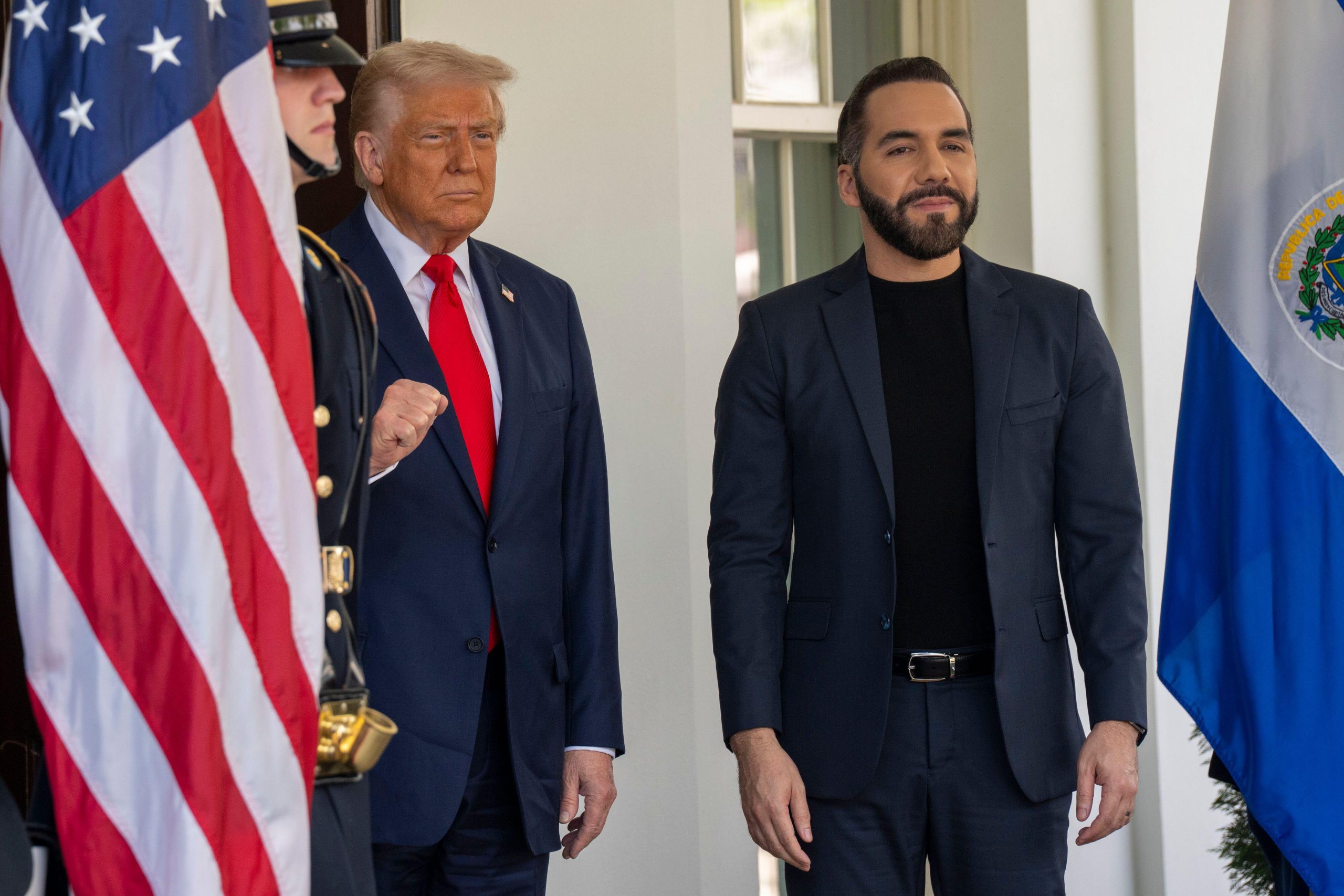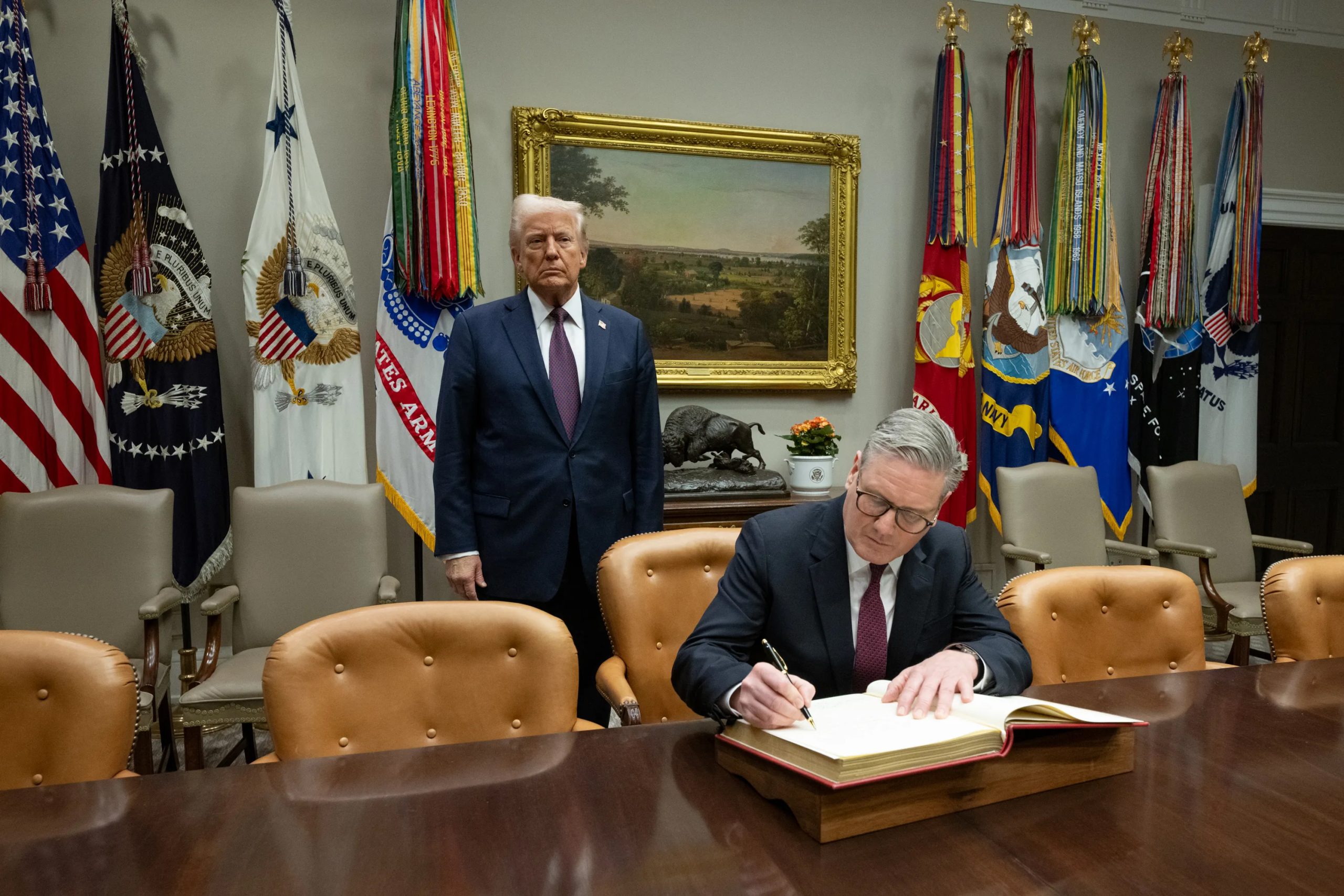NGO Global Witness struck a blow against an attempt to use privacy laws to stifle investigation yesterday, when a London court blocked an attempt to curb its exposure of possible corruption in the Republic of Congo.
The London-based group had been the subject of an attempt by Denis Christel Sassou Nguesso, the son of the president of Congo, to stop it from publishing details which suggested he was personally profiting from sales of state oil.
Global Witness had published company records and credit card statements of Sassou Nguesso’s company, Long Beach, on its website.
In his rejection of Sassou Nguesso’s claim of the right to privacy, Mr Justice Stanley Burton said: ‘Once there is good reason to doubt the propriety of the financial affairs of a public official, there is a public interest in those affairs being open to public scrutiny.’
Diarmid O’ Sullivan of Global Witness told Index: ‘[Mr Sassou Nguesso’s] claim of right to privacy was a moot point, as established by the judge. The evidence unearthed by Global Witness was clearly in the public interest, and Mr Sassou Nguesso has a duty to address the suspicions raised by the documents.’
Mark Stephens of Finers Stephens Innocent LLP, which represented Global Witness, said: ‘This is a triumph for human rights. It shows that figures from autocratic regimes can’t expect English judges to cover up for them under some notion of privacy.’




